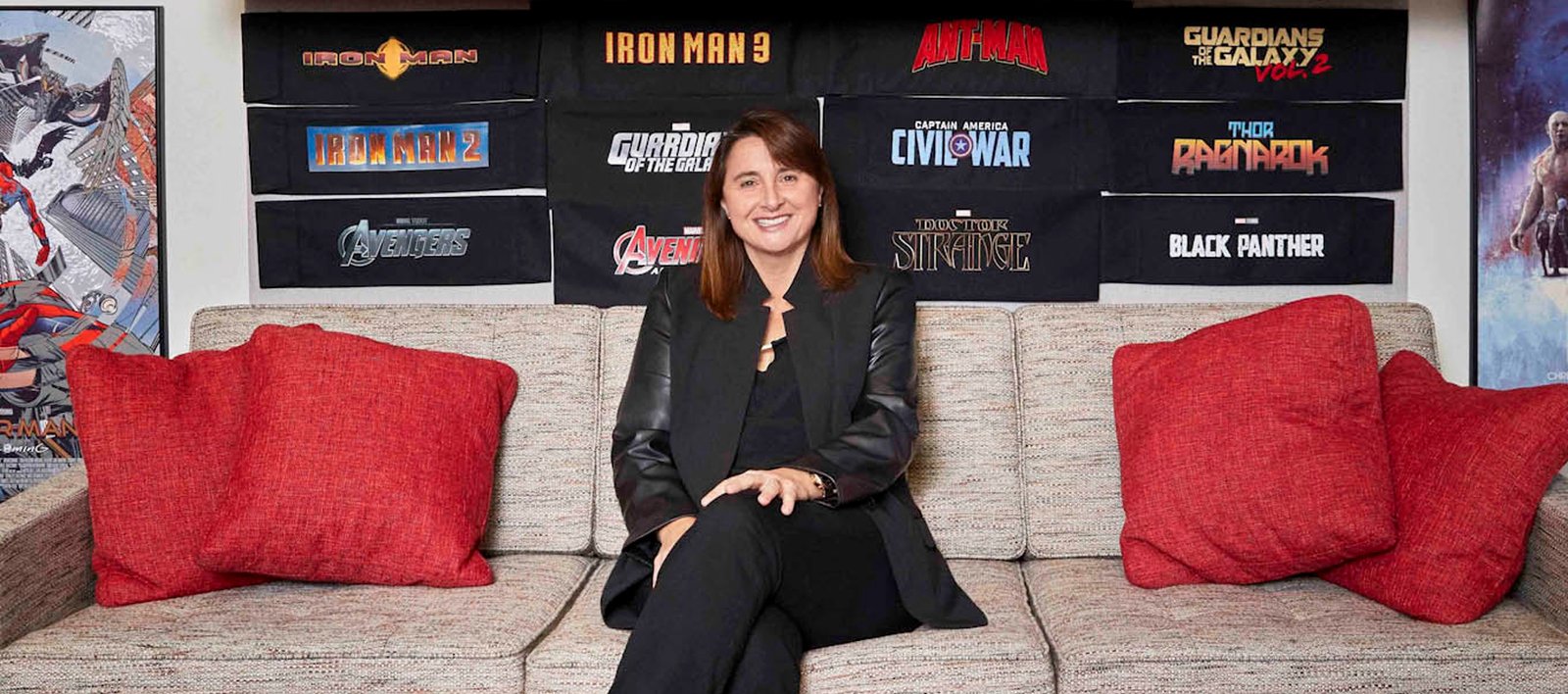
Interview with Victoria Alonso
Victoria Alonso, President of Physical, Post Production, VFX, and Animation at Marvel Studios, reveals some of her secrets in this interview with Panorama of the Americas.
Born in Argentina, Victoria Alonso moved to the United States at the age of nineteen to try her luck as an actress, but she also earned a degree in psychology and discovered her passion for audiovisual production. We had the chance to interview Victoria, who is President of Production at Marvel Studios and one of the most powerful women in Hollywood. Despite her lofty position, she remains humble and continues to live by her motto: “Without teamwork success would be impossible”. She spoke of her work at Marvel, her ideals, and her family life.
How did you first get involved with Marvel?
I’d spent eight years producing foreign films and traveling too much. I didn’t want to travel anymore and I decided to accept any project being filmed in Los Angeles. During production on a movie, I met Louis D’Esposito (Co-President of Marvel Studios) and he hired me for a project that was going to be shot in Los Angeles. I accepted, without even asking what it was about. When I got to his office, he asked if I wanted to meet the director. I walked into a conference room and there was Jon Favreau. The movie was “Iron Man.”

Was there an instant connection between you?
Louis, Kevin Feige (President of Marvel Studios), and I quickly realized that we worked together very well. At times it seems we know what the others are thinking. When we finished filming “Iron Man,” Kevin asked me to join the studio team. I thanked him and accepted, as long as he let me produce the films. We share the whole process: Kevin dreams the films up and Louis and I make them happen.
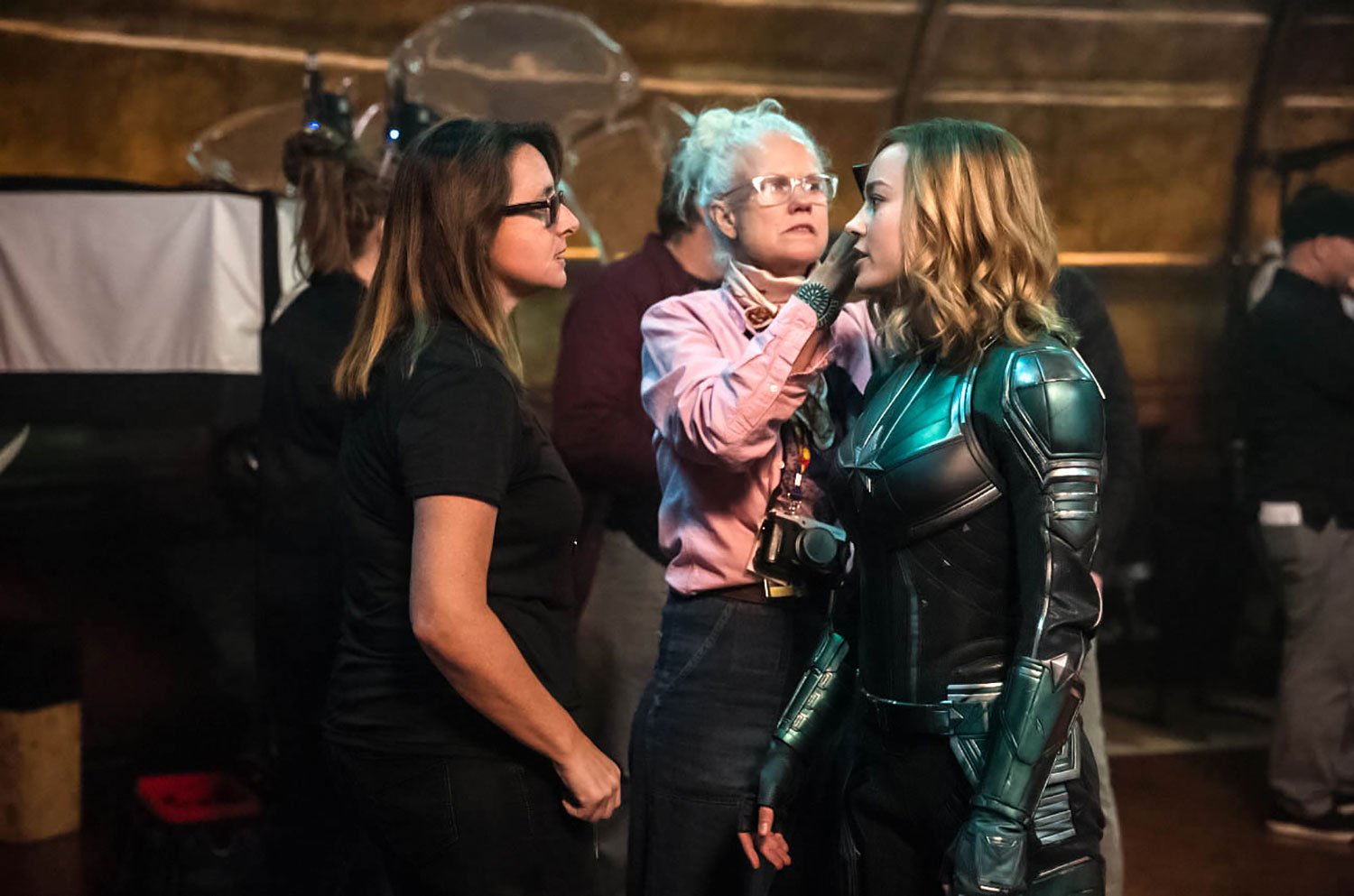
A while back you said that “diversity and inclusion are not just a political game for us.” Could you expand on that idea?
Yes, we don’t do it because it’s “fashionable.” Our kind of global success is impossible if our films don’t appeal to everyone in the world. It’s a real responsibility to speak to and for those who watch our films, to allow them to dream and see themselves represented. Gender equality is essential for us in all arenas, because it changes and expands our stories and our points of view. The important thing is progress, not perfection, and to make sure everyone feels represented. For example, we introduced the boy from Pakistan, the person with impaired hearing and speech, and Salma Hayek’s Latina character in “Eternals.” We also introduced the boy with two dads, who sees one of them as a superhero. Today, it is our responsibility to make sure everyone is represented.
How do you balance motherhood and your demanding career?
For me, the great gift of the pandemic was the fact that I can share moments with my daughter —like being there when she comes home from school, playing table tennis for fifteen minutes, jumping in the pool together, or walking the dogs with her. When the pandemic first started and we were working on “Black Widow,” which was the first film we finished from home, Olivia was at all the meetings. She’d finish her online schooling and then sit down with me, and I’d teach her about my job. She gave me her opinions and made suggestions. But, like all parents, there are good mornings and others that are more hectic. I always try to be as present as possible. And technology helps.
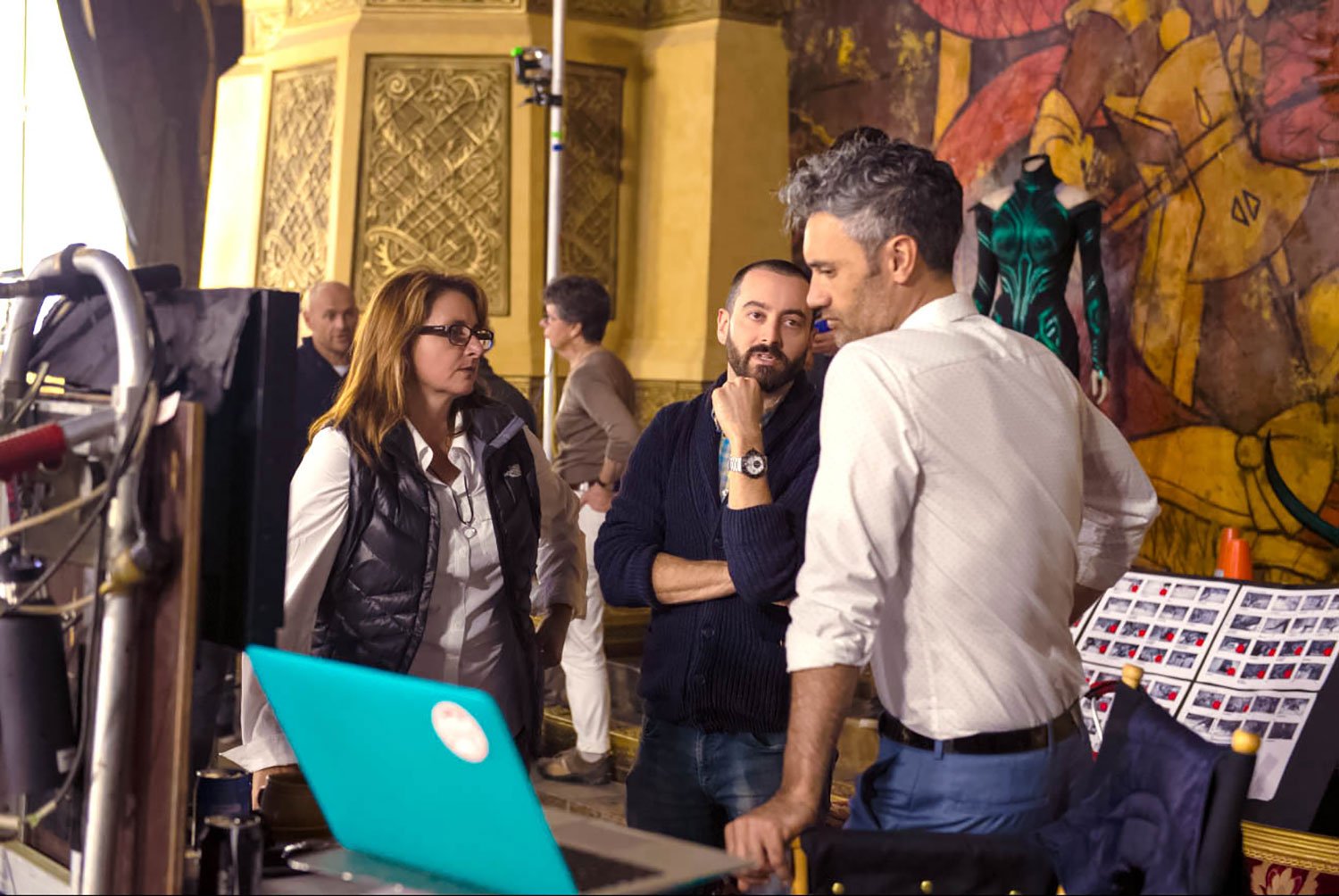
What was it like to film during the pandemic?
By the end of that year, we’d given the entertainment world nine productions, a record for the studio. We film all over the world and every country and city has its own protocols; there were even times when we had to completely stop production. So completing nine projects was a great achievement.
Making movies, like life itself, is about teamwork…
Our people are dedicated to the art of filmmaking…an art made possible through teamwork, which is the most beautiful thing. We are aware that people in Latin America see us, read us, and listen to us, and it’s very important to communicate the fact that we’re a team. It’s like Salma Hayek said when she was given her star on the Hollywood Walk of Fame: “This star isn’t mine alone; I bring with me all the Latinos in this world.”
Which was your favorite film to produce?
Each film has its own angels, its own lessons, and its own wonderful story. For example, while we were filming “Eternals” in Rome, they let us go inside the sacred part of the Colosseum, where very few people have ever been. That was beyond belief. As well “Iron Man,” marked a very important moment in the deconstruction of the superhero, each film leaves me with something special. It’s like being the mother of several children; you can never choose one over another.
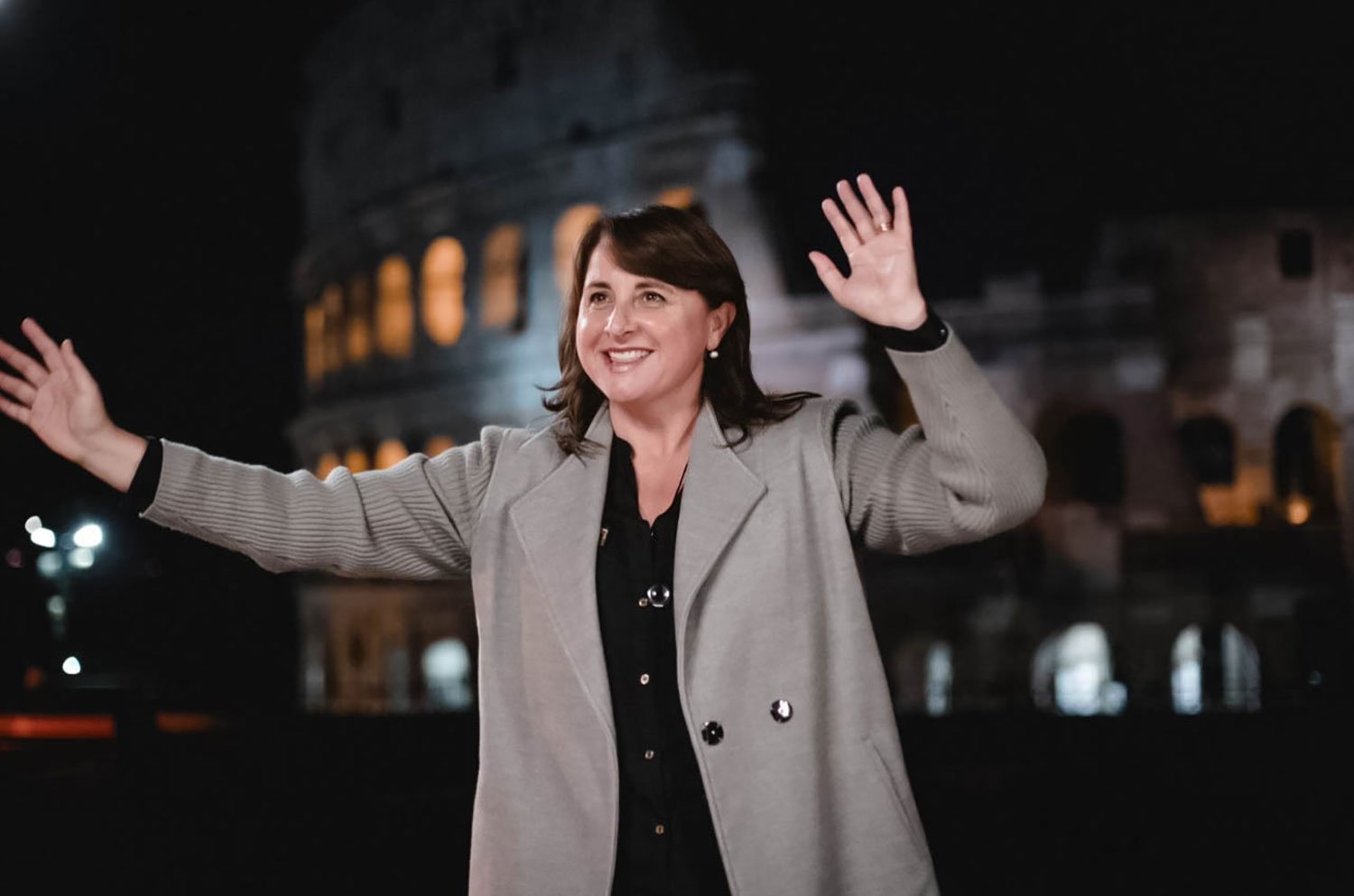
Can you give us a hint of what’s coming next from Marvel?
This year we finished two productions. One of them, the “Hawkeye” series, is a lot of fun. It takes place in New York at Christmastime and deals with important issues like family and feelings of belonging. And there are little surprises; you have to pay close attention to episodes five and six. The other production is “Spider-Man: No Way Home,” in which the superhero explores his sense of responsibility and his identity.
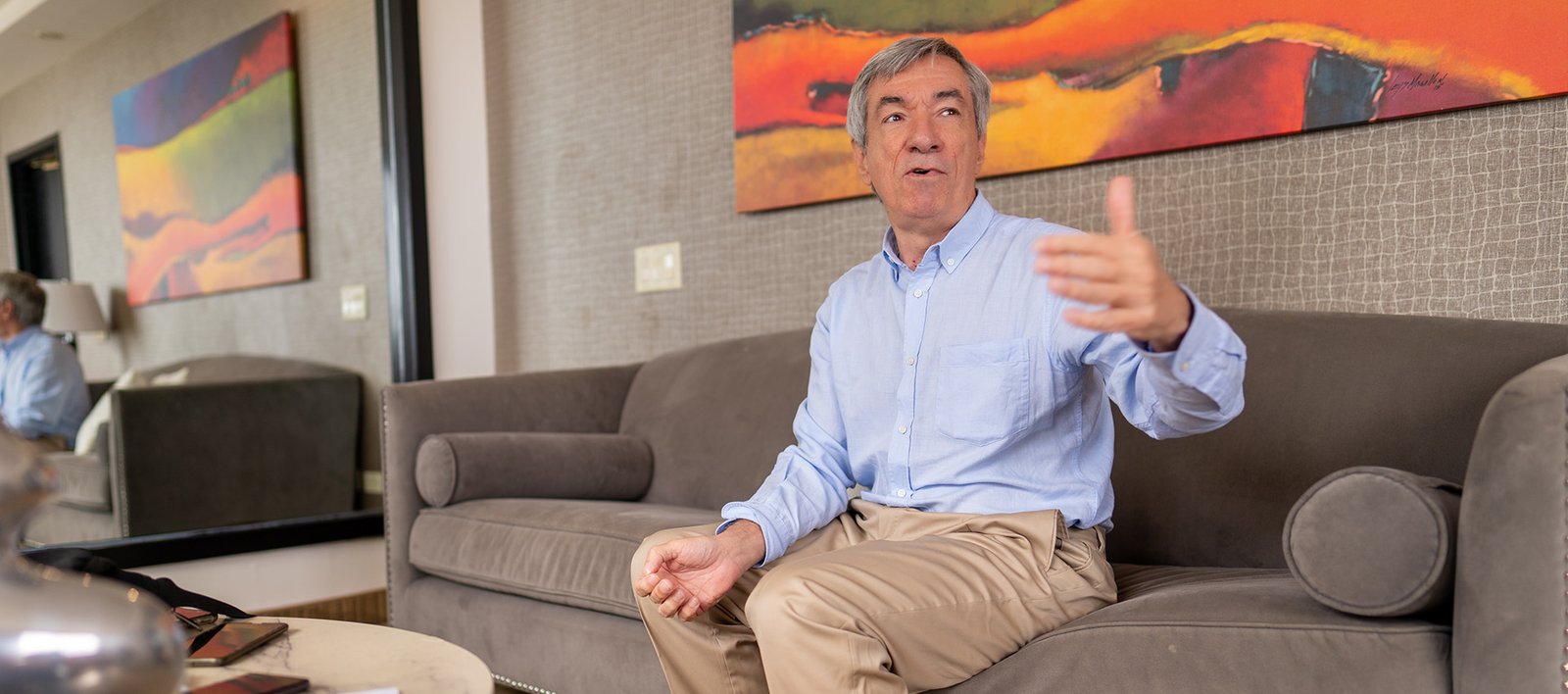
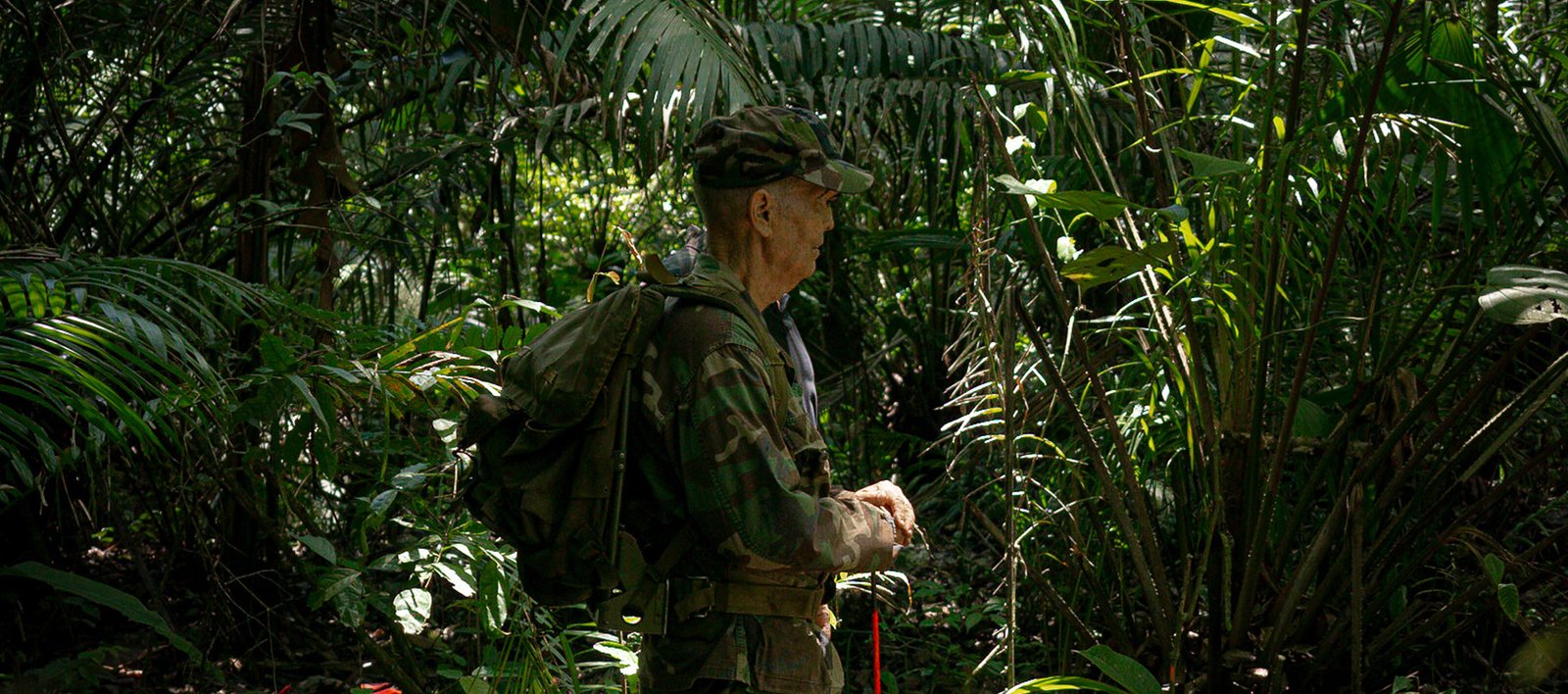
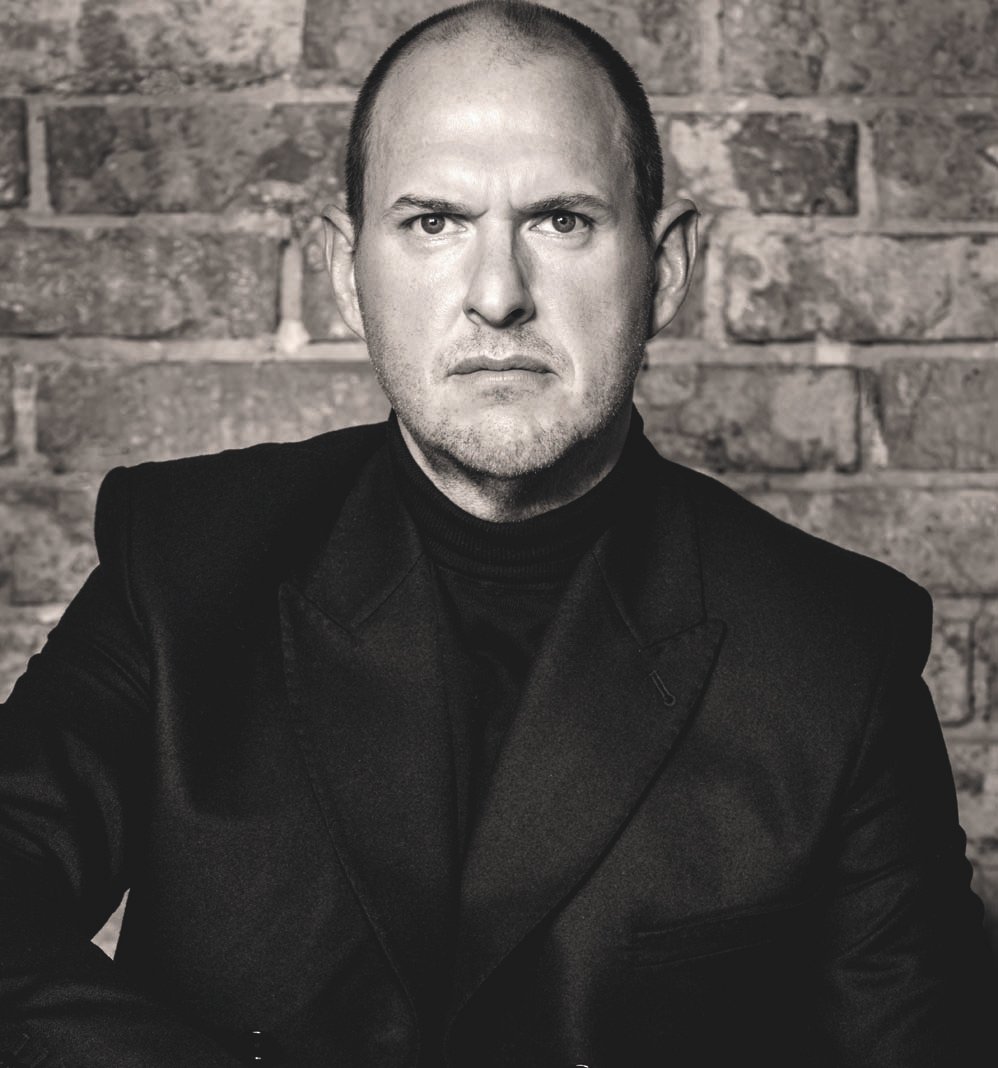
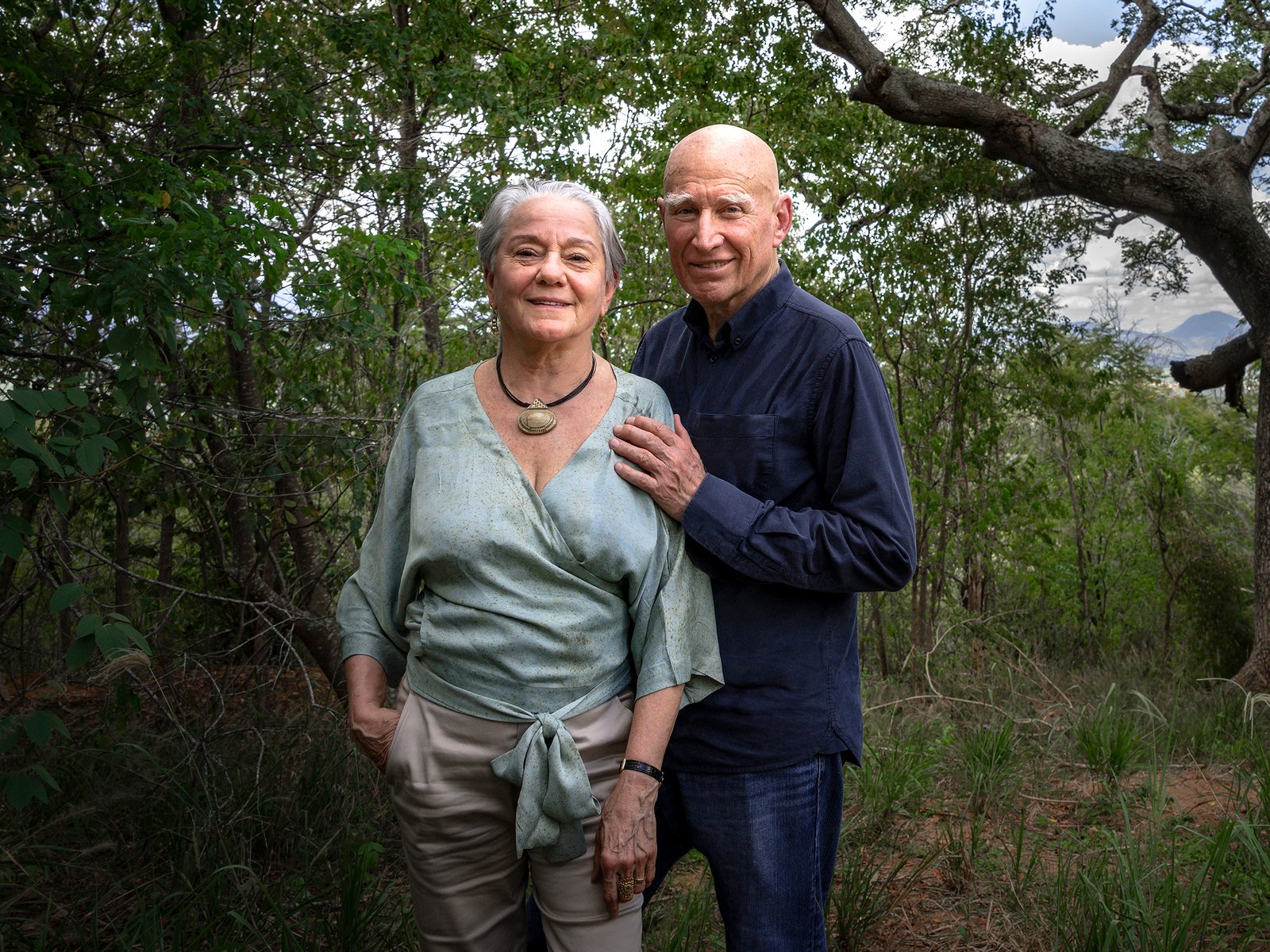
Leave a Reply